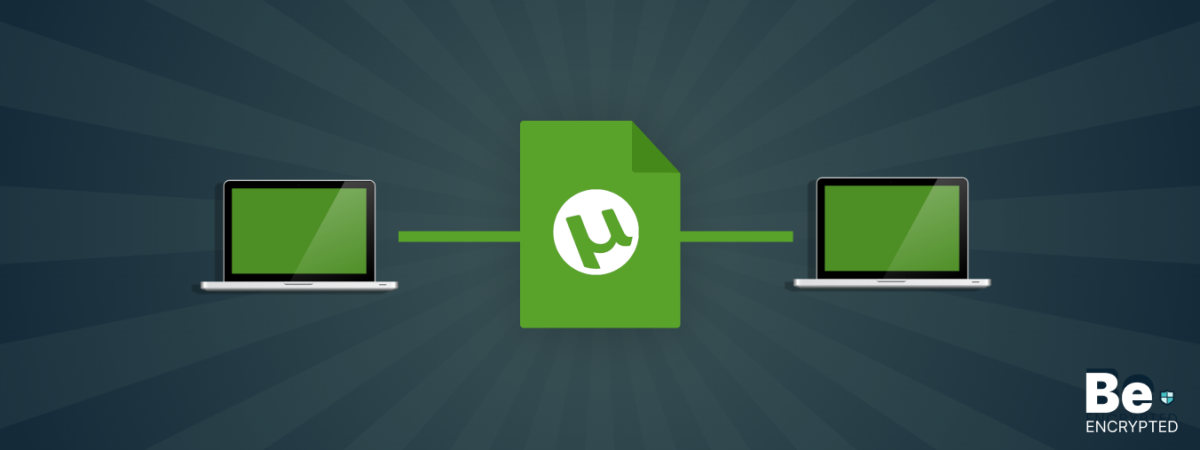Torrenting is a distinguished file-sharing process that involves numerous individuals (peers) in the downloading process.
This procedure utilizes P2P technology to distribute torrent files among thousands of users. However, a torrent file is a computer file containing metadata related to the files and folders to be shared using a file-sharing torrent protocol called BitTorrent.
Commonly used torrenting terms
- Peers: The individuals (torrents) sharing a torrent file in a peer-to-peer network.
- Seeders: Those uploading parts of a torrent file and downloading it.
- Leechers: The torrents just download and do not upload anything in a file-sharing process.
- Swarm: A group of people is involved in downloading and uploading the same torrent file.
- Tracker: As the name implies, the tracker in a torrenting process is a server that locates the peers of the same torrent file in different areas. They connect the torrents (peers) and help to direct data packets between them.
- Torrent client: It is a program that enables and manages the file-sharing process using the BitTorrent protocol. These BitTorrent clients arrange the disassembled torrent file, handling its upload and download while providing statistics about the torrent.
- Indexers are websites with torrent files and information about the host. Users get the torrent file link at these websites, which another torrent downloader shares. Therefore, it’s a channel for getting, sharing, and requesting torrent files.
How does torrenting work?
Torrenting is a technique to upload or download files via the BitTorrent protocol.
Peer-to-peer (P2P) file sharing
Unlike the conventional server-client model, a P2P network is decentralized, and participants can act as both a server and a client. The users create an interconnected web of peers, each receiving a piece of the shared file. In this case, each peer is a supplier and a file consumer. This is contrary to the client-server model, where a single or a few servers (suppliers) serve many clients (consumers), which could sometimes lead to server overload.
There are many P2P file-sharing protocols, but BitTorrent is the most famous. Initially, the internet was designed as a Peer-to-Peer network until the late 1980s when the concept of firewalls emerged. Later in the 1990s, when organizations started to use the internet commercially, the client-server model became popular until today.
The BitTorrent protocol
BitTorrent is the most popular P2P protocol owing to its efficiency through ‘trackers and swarms.’ The protocol works by dividing the torrent file into pieces and sharing it among peers. Peers with a piece of the file on their device are members of a ‘swarm.’ They can simultaneously download and upload the pieces across the network. After downloading the entire file, a peer becomes a ‘seeder’. Any torrent that does not have a seeder is considered dead.
A ‘tracker’ then monitors peers who are downloading or uploading a particular file. It keeps track of the peers taking part in the torrent, together with their IP addresses and the parts they have. A torrent file contains a URL that connects the file to a tracker or multiple trackers. After that, a torrent client uses the URL to contact the tracker, which responds with a list of peers.
The information describing the file’s contents is stored in a hash within the torrent file. When peers connect, they use the hash to determine the file pieces missing from their device. Once users gain multiple pieces of a torrent file, they can initiate and maintain multiple transfer sessions while exchanging pieces of the file with multiple peers. This explains why torrent downloads start slowly and increase as more file pieces are downloaded.
Magnetic links and torrent files
Once a torrent file is uploaded to a hosting site like The Pirate Bay, the original distributor is the original seeder. The torrent file contains all the information needed to access the shared data. Today, torrents have largely replaced torrent files with magnetic links.
Like a torrent file, a magnetic link contains hashes of the file pieces, the total number of pieces, and the tracker URL. Magnetic links work more like conventional web browsers and web links because they launch the torrent client to deliver the information directly instead of delivering it as a file that the torrent client must open.
Public trackers vs. private trackers
Trackers act as the phone books for BitTorrent. A torrenting client uses trackers to get a torrent’s list of peers. There are two types of trackers: public and private.
Public trackers have no requirements or restrictions, and they are used in most torrenting websites like The Pirate Bay. In Public trackers, anyone can become a peer and download torrent files.
On the other hand, private trackers are more restrictive. An existing member must invite you to start P2P file-sharing. They also emphasize seeding files to maintain an excellent download-to-upload ratio. As a result, private trackers are faster because only a few people download more than they upload (leechers).
Why are people torrenting?
Torrenting is how people download music, videos, applications, games, and images, mostly of larger sizes. Not just downloading, but many individuals share files on their computers.
Some of you might wonder why people use torrents instead of traditional downloading. One of the primary reasons is that the torrent files, which are present for everyone, are provided by anyone who has paid or might have gotten it through hassling means. For this reason, torrent files are generally present when downloading.
Besides, torrenting has a few significant perks, which have boosted its use extraordinarily.
- The P2P uses a decentralized process, meaning the file you download is not hosted on a central server. Therefore, if one downloading source leaves or deactivates in between the downloading process, you can complete the downloading process with other sources. Besides, the regular downloading procedure involves only one central server; you cannot complete the download if it gets down.
- You don’t need to restart the downloading from the start if your internet disconnects suddenly for any reason.
- It is a noticeably fast downloading method compared to the regular downloading process.
- You can easily find, download, and even request any file.
Pros and cons of torrenting
Like every other thing, torrenting also has both positive and negative sides. The pros and cons of torrenting are as follows:
Pros
Free and easy
Torrenting is an open process and doesn’t cost you anything. A simple setup does it and, in return, gives you access to a vast abundance of information.
An excessive number of files
Torrenting websites are in abundance. All these sites offer many downloadable files, making it easy for users to find and download their desired files.
No point of failure
In torrenting, there is no central point of failure. Even if the connection fails, you can still download the file from other servers.
Cons
Exposure to viruses
Torrenting puts your system at risk of malware and viruses and can easily expose your system to viruses because the file’s contents are hidden when downloading.
Risk of trial
Downloading a copyrighted file can put you at risk of legal litigation. You can be fined and even sent to imprisonment in extreme cases.
The possibility of getting exposed
Your IP address is public to everyone using the same torrent web during torrent. It increases the chance of getting detected by websites blocking or tracing torrent traffic.
Increasing the legitimacy of torrenting
As discussed before, torrent sharing is a fast and effective way of downloading and uploading large files. However, the name “torrent” probably gives a general spring to mind that it involves something illegal or ignoring copyright laws.
However, with the overwhelmingly increasing popularity and feasibility of Torrent sharing, it is steadily moving into the mainstream.
Torrenting downloading mainly involves illegally extracting music, films, and games. Therefore, Blizzard Entertainment, the creators of games like World of Warcraft, Starcraft II, and Diablo III, has adopted torrent technology. They have incorporated the torrent process in the online version of their games to be a default way of downloading for individuals.
Another included feature is the option they provide to the players to choose if they want to participate in speeding up the downloading of others by contributing any of their bandwidth.
Similarly, torrent websites (indexers) now stream video and music to the mainstream. Now, many websites have numerous ready-to-download torrent files that are all legal and free from copyright issues.
How to download torrents
Downloading torrents involves simple steps:
- Install a torrent client and search for reputable websites that host the type of torrent you desire. The best torrent clients are uTorrent, qBittorent and Deluge.
- Configure your client’s download settings to indicate the download folder.
- Open the torrent website you have identified and search for the torrents you are looking for. Only select the torrents with the highest ratings and check the comments section to find out if they are legit.
- Download the torrent to your device via your torrent client.
How to torrent safely
The best way to torrent safely is by using a VPN. It encrypts your connection and masks your identity to keep you anonymous while torrenting. However, you must be cautious because even with the most robust VPN, you are still vulnerable to malware and malicious links. The steps below show how you can torrent anonymously and securely.
- Download and install a reliable and trustworthy VPN such as NordVPN.
- Make sure the kill switch is ON.
- Connect to a server in a P2P-friendly country.
- Check for IP leaks to ensure your VPN is working.
- Launch your torrenting client and start torrenting.
Is torrenting illegal?
Torrenting laws are different in different countries. In some states, torrenting is legal, and some view it as illegal.
For example, in Switzerland, torrenting is regarded as a legal process until the downloaded material is not used to make a profit. Thus, a Swiss national can easily download any sort of content and don’t have to worry about copyright trolls.
Likewise, torrenting is banned and illegal in Spain and the Netherlands. However, Mexico has no laws regarding copyright protection, making it a safe and secure place for torrenting.
Most countries frown upon torrents and regard them as illegal. Generally, torrenting is considered unlawful where there are strict copyright laws. These countries have also imposed severe penalties in money and imprisonment on anyone found guilty of copyright violations. The users initially receive warnings from service providers and the DMCA and are later fined and even imprisoned.
Torrenting without a VPN
Torrenting without a VPN exposes your IP address and torrenting activities to third parties. Also, your internet service provider and government agencies can monitor your browsing activities and put you under surveillance.
In other countries like the US, the ISP is legally obligated to share torrenting activities with third parties like copyright holders. Therefore, you need a reliable and trustworthy VPN to mask your identity and torrent anonymously.
What happens if you get caught while torrenting?
The enforcement and prosecution of copyright pirates are sporadic. While penalties can be extremely high, there are slim chances of going to court. Today, copyright holders hire law firms, popularly known as copyright trolls, to go after pirates.
Copyright trolls monitor large torrenting websites to spot identifiable IP addresses, then use them to locate the copyright pirates. They then serve offenders with settlement letters via email, mail, or even door-to-door. Usually, they use intimidation, shame, and fear to convince perpetrators to pay because the letters are not legally binding.
Mostly, they threaten to sue for an abnormally high amount of damages but only ask for a small amount in the settlement. Here’s a complete guide on what happens if you are caught torrenting.
Legal vs. illegal torrenting
Torrenting is both legal and illegal. The difference between the two is as follows:
Legal torrenting
- Torrenting is when you download a file with expired copyright, which is now in the public
- Torrenting is legal when you download a file and give a license granting permission for file sharing and distributing.
Illegal torrenting
- Torrenting is unlawful when you download a file that violates copyright and is not open to the public.
Difference between torrenting and streaming
There is an emerging trend of people ditching torrents for pirated online streaming platforms like Kodi. Whether this is legal or not depends on your country. It is legal in India but outright illegal in the UK. No precedent in the US, as no one has faced legal action for watching content from an unsanctioned source.
Legally speaking, uploading copyrighted content to share with others is illegal regardless of the country. Unlike torrenting, where copyright trolls can see users’ IP addresses in a torrenting swarm, streaming directly transmits the video to your device. Therefore, it is difficult for copyright trolls to enforce the law.
However, there is a chance that the website could be logging your IP address on its servers and handing it over to copyright trolls or law enforcement agencies. In addition, if a VPN does not protect you, your ISP could monitor your traffic and know the videos you are streaming illegally. Furthermore, the security risks of illegal streaming and torrenting are similar, which include phishing threats, malware, and intrusive ads.
The future of torrenting
The online streaming industry is booming, and legal streaming platforms are taking the central stage as alternative sources of entertainment. Today, many people have subscribed to paid streaming services like Netflix because they are more convenient and legal. Also, some countries have passed and implemented laws against torrenting by;
- Imposing heavy penalties on copyright pirates
- Monitoring user activity
- Blocking access to torrent websites
Despite the challenges faced by torrenting over the years, it is still the most popular file-sharing technology, and it is highly unlikely that new technology could take its place. Also, it has an edge over streaming platforms because it allows sharing of all file types.
Usenet – The torrenting alternative
Usenet is a premium service with a monthly subscription fee of $10 -$20. The files are stored in a centralized server, and the download speeds are faster than torrenting. Unlike torrenting, where connections rely on device information when connecting to peers and trackers, Usenet is more private, and connections are SSL-encrypted.
Additionally, downloading a file does not make you a seeder, so you can’t be accused of distributing copyrighted material. Usenet also consumes less bandwidth and computer resources. Unlike torrenting, where a file remains available as long as it has seeders, Usenet files are available for around 1200 days after the posting date.
FAQs
Share this article
About the Author
Rebecca James is an IT consultant with forward thinking approach toward developing IT infrastructures of SMEs. She writes to engage with individuals and raise awareness of digital security, privacy, and better IT infrastructure.
More from Rebecca JamesRelated Posts
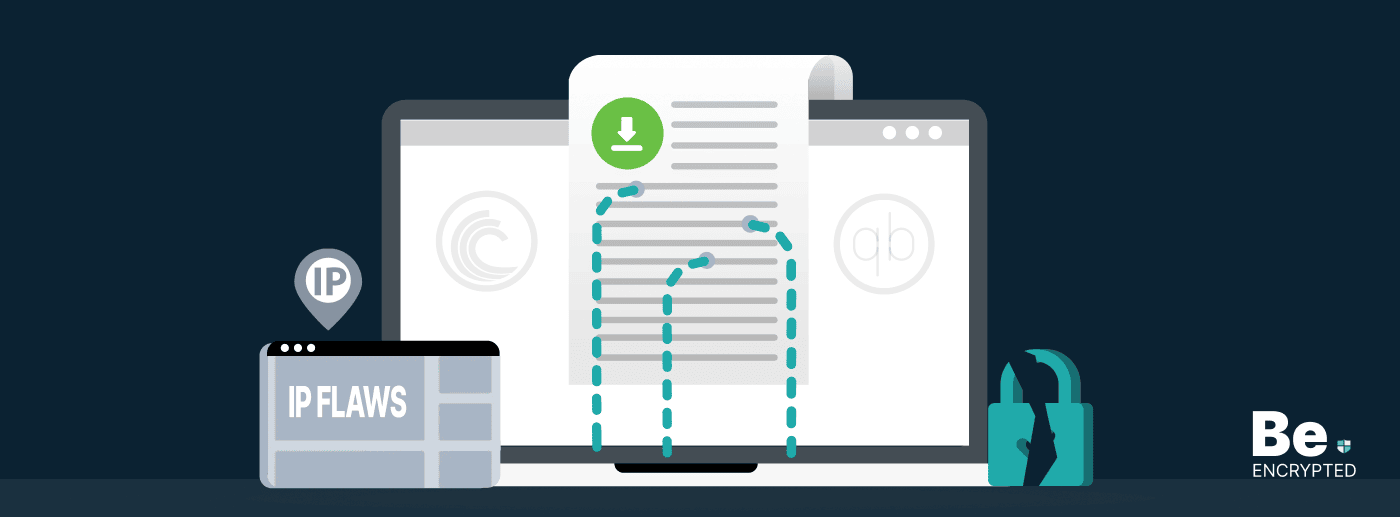
Torrent Privacy Risks: How to Torrent Safely and Anonymously?
KEY TAKEAWAYS Torrenting comes with its risks, but they aren’t insurmountable. Here are some ...
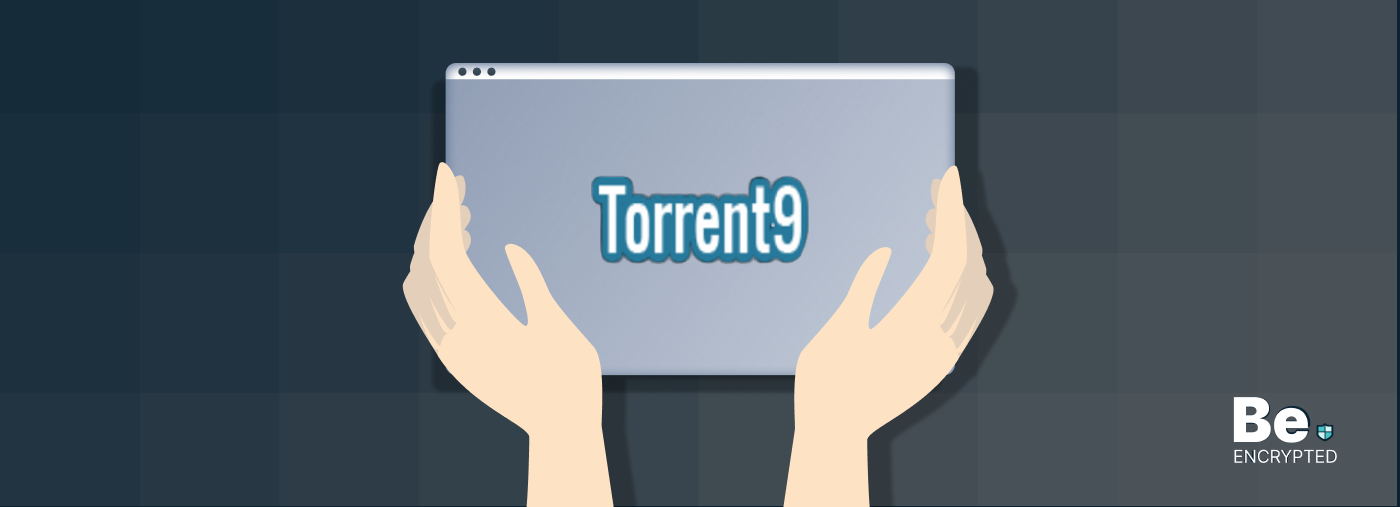
21 Best Torrent Search Engines in 2024 (100% Working)
KEY TAKEAWAYS The best Torrent search engines work to provide reliable torrent links. However, torre...
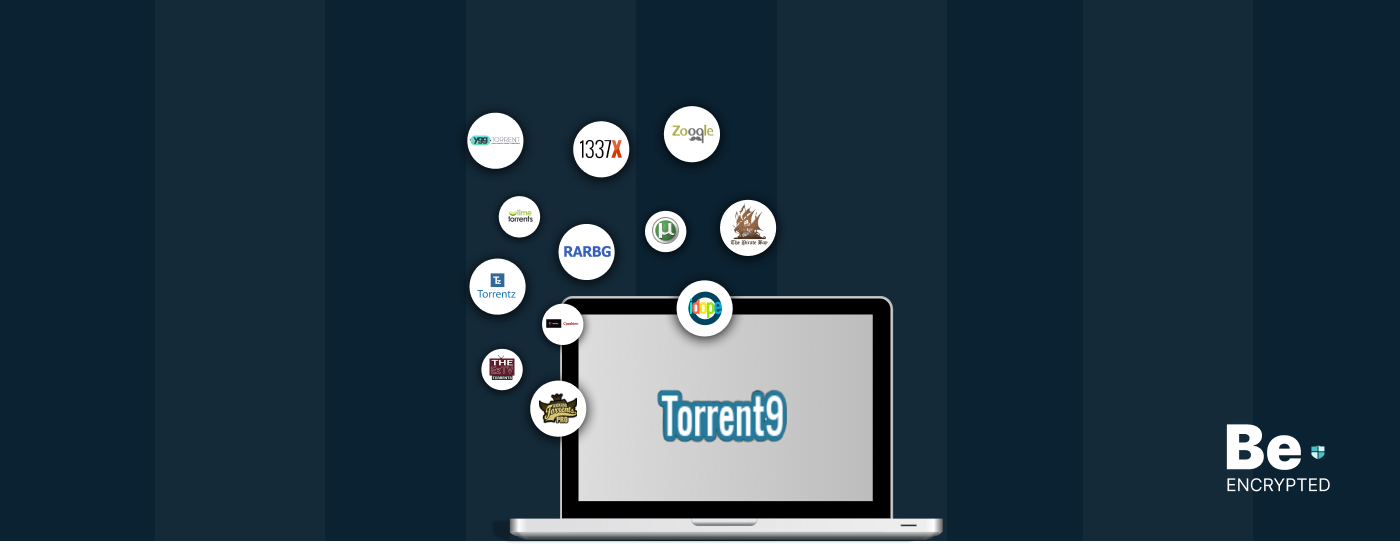
12 Best Torrent9 Alternatives in 2025
KEY TAKEAWAYS The popularity of Torrent9 has declined over time. It is because it offers copyrighted...
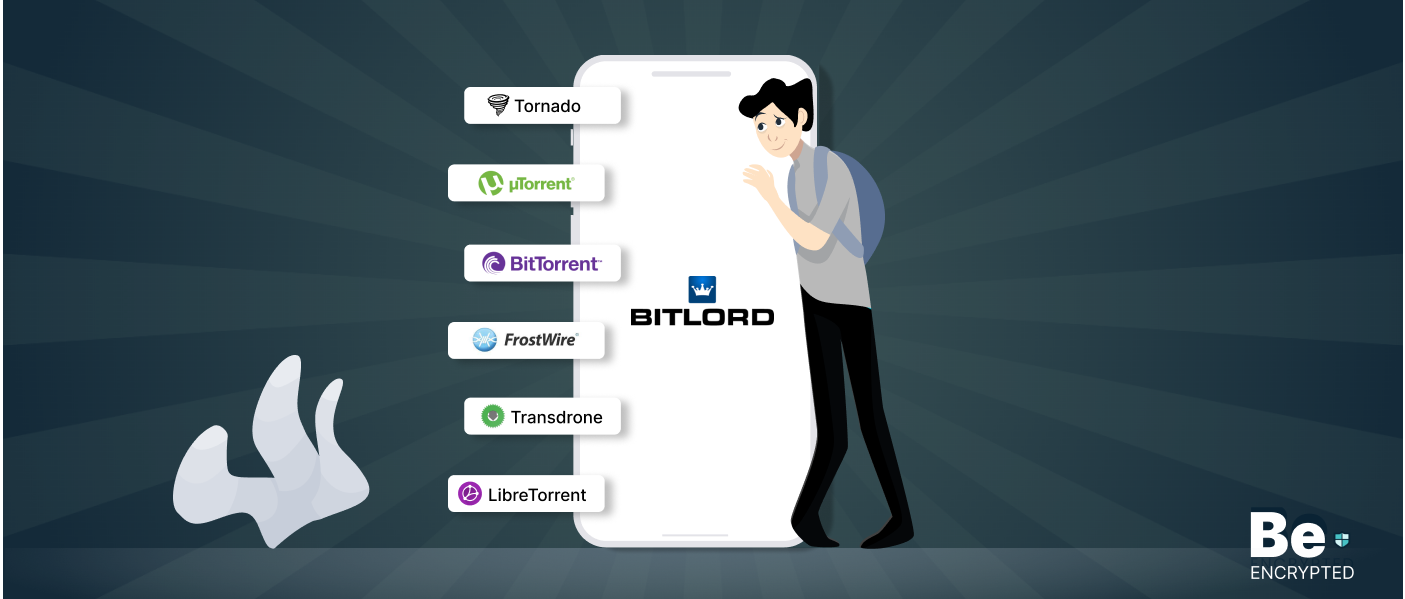
10 Best Torrent Apps for Android in 2025 (100% Working)
KEY TAKEAWAYS If you’re looking for a torrent downloader client for your smartphone, then have...
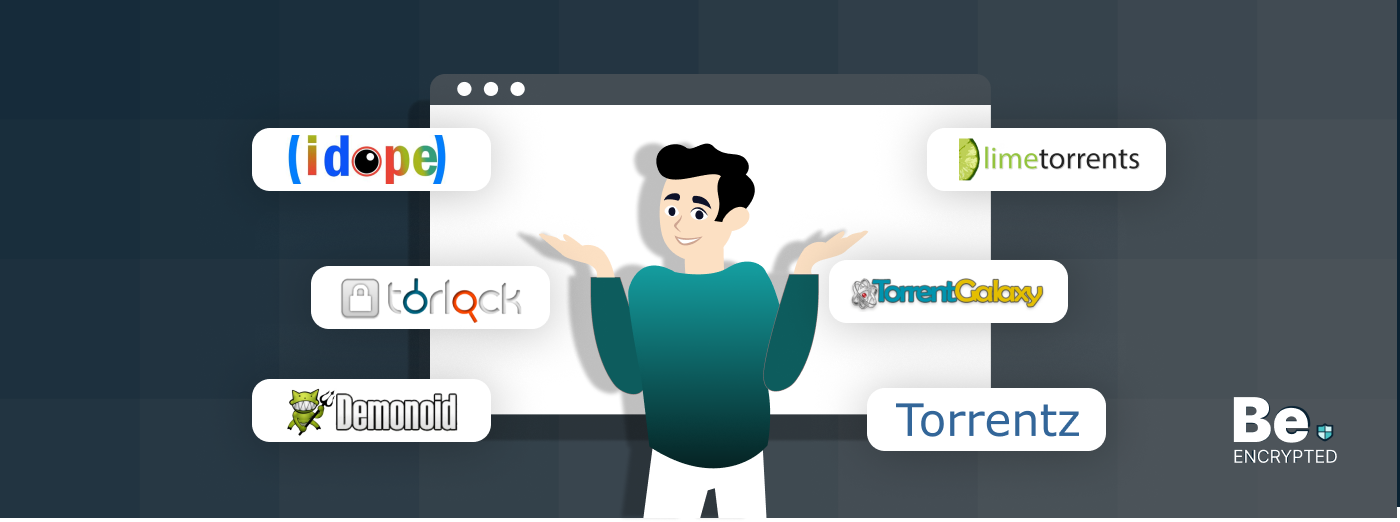
20 Best ExtraTorrent Alternatives and Proxy Sites in 2025
KEY TAKEAWAYS Authorities shut down the official ExtraTorrent website and erased all of its content....
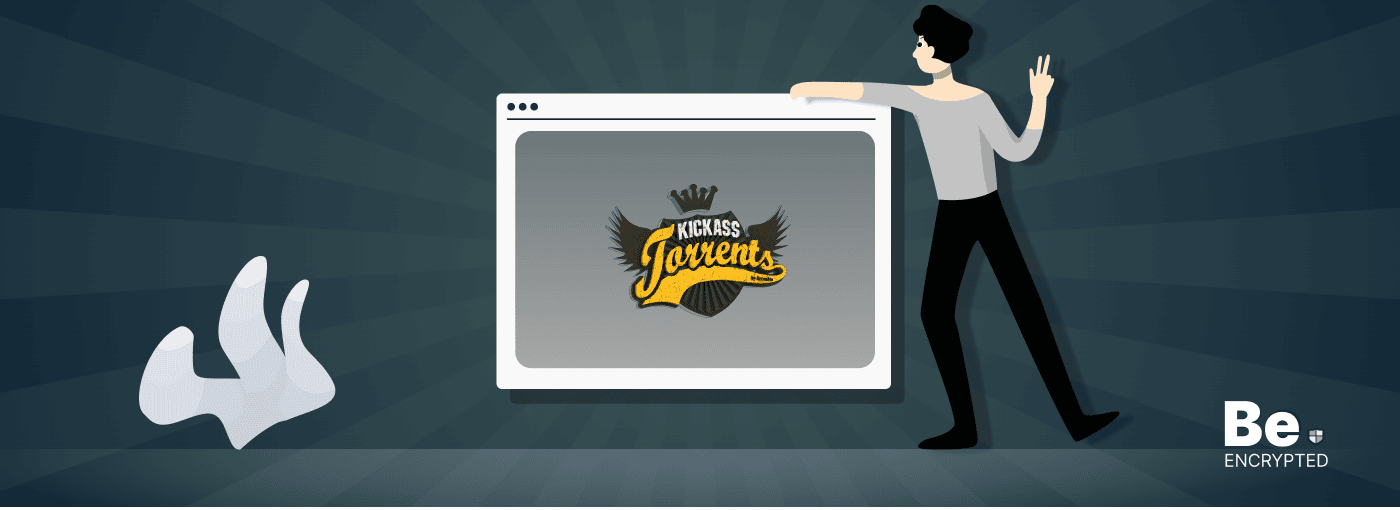
20 Best Kickass Torrents Alternatives in 2025
Kickass Torrents was one of the famous torrent sites, like the Pirate Bay, until the alleged ow...
